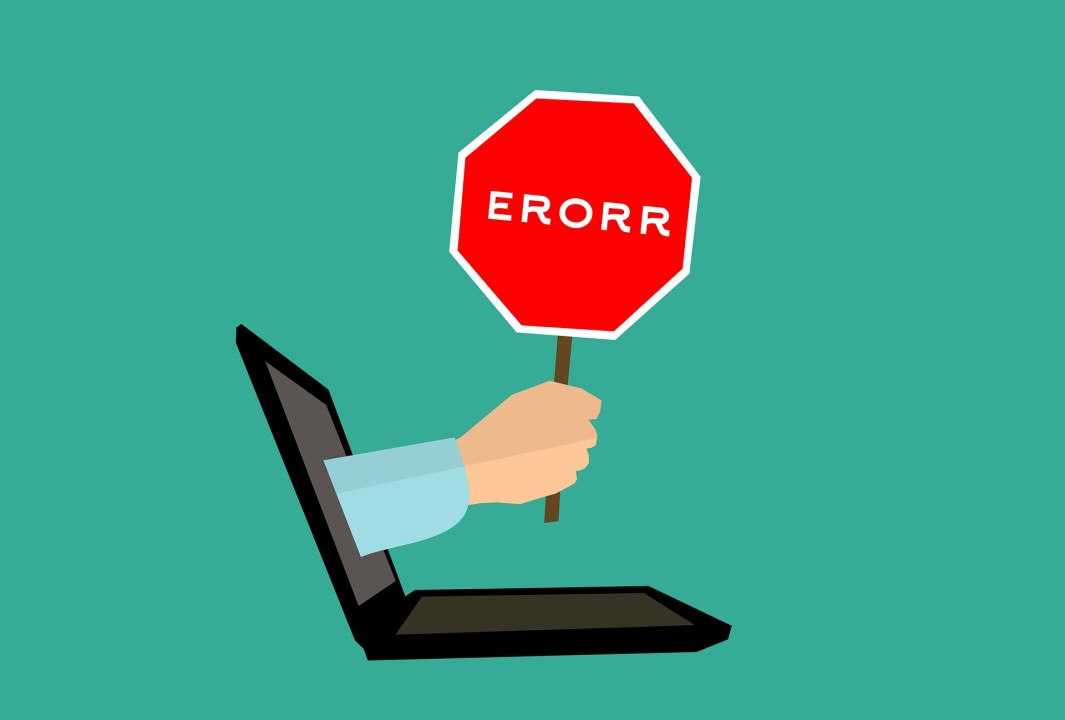Here is a tip if you are defending a judgment: If appellants fail to raise an issue, do not raise it for them. That is what happened in Foster v. American Marine Svs Group Benefit Plan, 2021 WL 930257 (9th Cir. Mar. 11, 2021). As a result of respondent/appellee's helpful assist in raising the dispositive issue whether an employer's ERISA plan failed to give notice of a lapse in benefits, an issue appellant had failed to raise in her brief, the court was able to reach the issue. Held: summary judgment reversed.
Foster had died of esophageal cancer shortly after leaving his employment with American Marine. Plaintiff, Foster's wife, filed a claim with her husband's employer's group benefits plan. But the plan denied coverage on grounds Foster was ineligible because employer had stopped making payments on his behalf two months prior. Foster was supposed to have started paying premiums himself.
The district court granted summary judgment in favor of defendants employer and its group benefit plan.
The Ninth Circuit reversed. A group benefit plan is a fiduciary and so has a duty to give notice to the plan beneficiary that the benefits would lapse unless the plan was converted to an individual plan. Plaintiff had established a triable issue that the plan failed to provide this information.
The interesting briefing issue is that plaintiff-appellant failed to raise the notice issue. (It is not clear what other issues distracted her so.) Appellee argued that this amounted to a waiver of the right to challenge those issues on appeal. And appellee would have had a solid point. Unfortunately for appellee, however, by taking the initiative and briefing the issue under its own steam, appellee preserved the issue for decision on the merits. As the Ninth Circuit explained in a footnote:
Although we “ ‘will not ordinarily consider matters on appeal that are not specifically and distinctly argued in appellant's opening brief,’ [w]e have discretion to review an issue not raised by appellant ... when it is raised in the appellee's brief.” In re Riverside-Linden Inv. Co., 945 F.2d 320, 324 (9th Cir. 1991) (citations omitted) (quoting Miller v. Fairchild Indus, Inc., 797 F.2d 727, 738 (9th Cir. 1986)); cf. Singh v. Ashcroft, 361 F.3d 1152, 1157 n.3 (9th Cir. 2004) (explaining that the respondent “suffers no prejudice from [a petitioner's] failure to properly raise [an] issue” when the respondent briefed it in its answer). Because American Marine briefed the issue of whether it satisfied its ERISA obligations, we may properly exercise our discretion to reach the issue.
Tip: When arguing waiver, establish prejudice. What appellee should have done here when arguing waiver was to argue how the waiver resulted in prejudice to appellee. That is, by failing to raise issues, or by raising them only in passing, in a perfunctory manner, or indistinctly, or with inadequate explanation or citation to authority, appellee was deprived of notice of the nature and scope of the issues and what authorities supported them. Cite to United Nurses Assocs. of Cal. v. NLRB, 871 F.3d 767, 780 (9th Cir. 2017) (arguments "fleetingly allude[d] to" deemed waived); Halicki Films, LLC v. Sanderson Sales & Mktg., 547 F.3d 1213, 1230 (9th Cir. 2008); Carmickle v. Comm'r Soc. Sec. Admin., 533 F.3d 1155, 1161 n.2 (9th Cir. 2008); Paladin Assocs., Inc., 328 F.3d at 1164 (issues not specifically and distinctly contested in a party’s opening brief are considered waived).
Be wary of giving any substantive response to the inadequately raised issue. As Foster v. American Marine cautions, briefing the issue is tacit acknowledgment the appellee is on notice of it.
(Incidentally, in another recent ERISA case, the Ninth Circuit holds appellant's equitable estoppel claim, raised for the first time on appeal, was therefore forfeited. Meyer v. United Healthcare Ins. Co., 2021 WL 930258 (Mar. 11, 2021). Presumably the appellee there did not go out of its way to brief the forfeited issue for the appellant.)
Tim Kowal helps trial attorneys and clients win their cases and avoid error on appeal. He co-hosts the Cal. Appellate Law Podcast at www.CALPodcast.com, and publishes a newsletter of appellate tips for trial attorneys at www.tvalaw.com/articles. Contact Tim at tkowal@tvalaw.com or (714) 641-1232.

